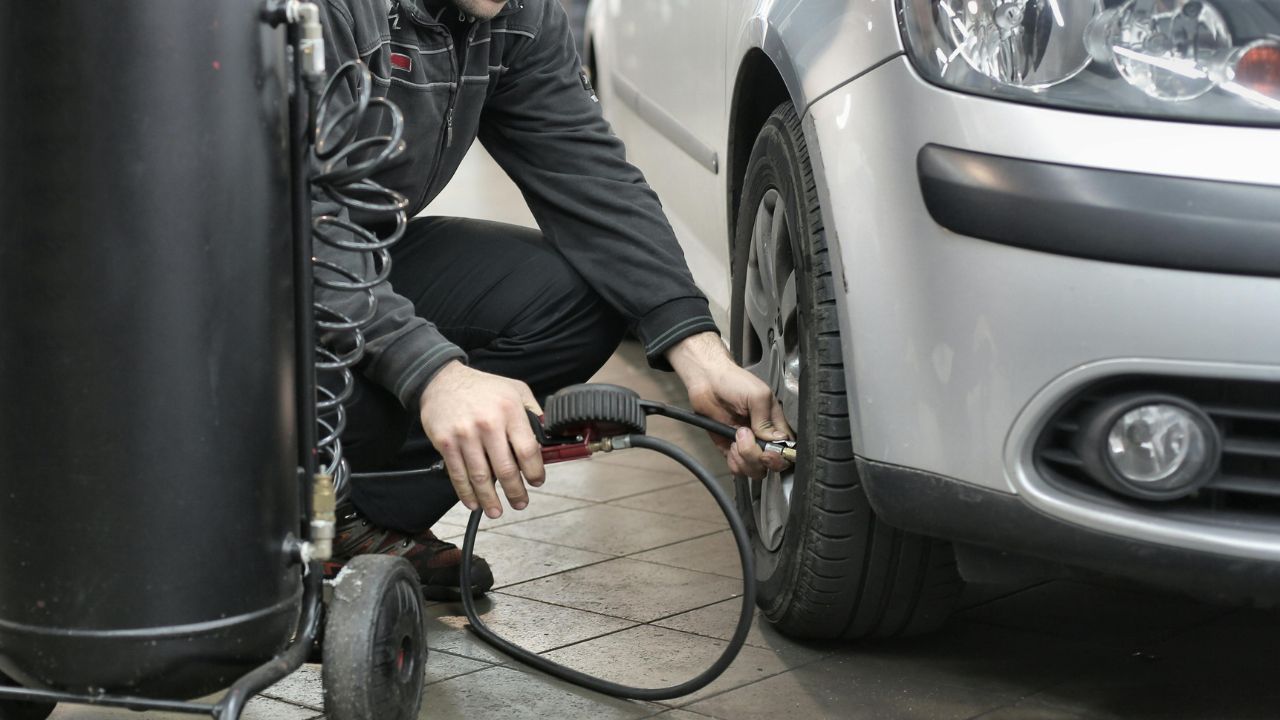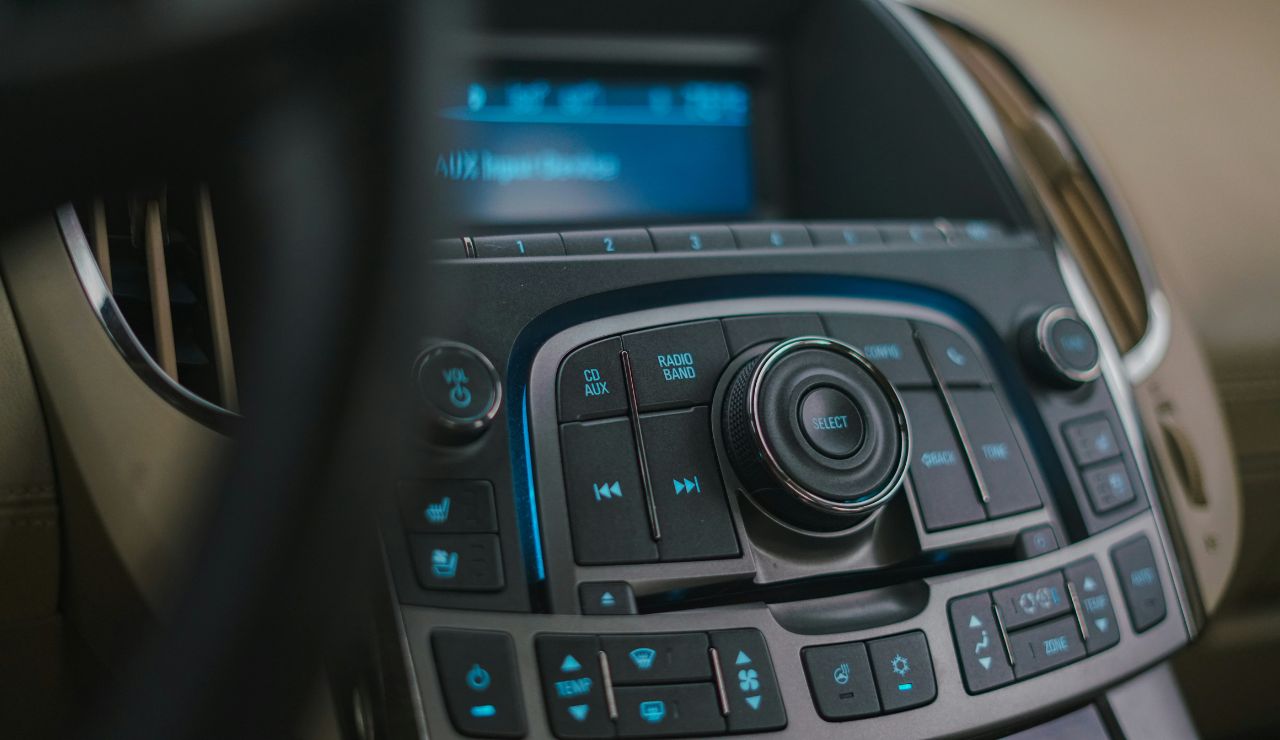10 Tricks To Make Long Drives More Enjoyable

Long drives can be exciting, but they’re also tiring if you’re not prepared. With a few simple tricks, you can turn a long road trip into a more comfortable, safe, and even enjoyable experience. From planning your route to staying refreshed along the way, these helpful tips will keep you alert, relaxed, and ready to enjoy the journey from start to finish.
Plan Your Route Thoughtfully

A little planning can make your entire trip smoother. Before you leave, map out your route and check traffic conditions. Use a GPS app that offers real-time updates and mark stops for gas, food, and rest. If there’s a scenic road or a fun roadside attraction, don’t be afraid to take a short detour. Planning ahead reduces stress, helps you stay on schedule, and adds some fun along the way. It also saves time and avoids confusion when you’re in unfamiliar areas.
Prep Your Vehicle Before You Go

Before a long drive, make sure your car is ready. Check the tires for proper pressure and wear, inspect the brakes, test your lights, and top off fluids like oil and coolant. Fill your gas tank and ensure your spare tire and tools are in good shape. A quick pre-trip inspection helps prevent breakdowns and delays. Driving a well-maintained vehicle keeps you safer and more confident, letting you focus on enjoying the journey instead of worrying about car trouble.
Pack Smart Essentials

Having the right items within reach can make a big difference. Pack plenty of water, healthy snacks, a first-aid kit, any medications you need, a phone charger, and some basic tools. Keep these in the front seat or somewhere easy to grab. This way, you’re ready for whatever the road throws at you. Being prepared reduces stress, limits unnecessary stops, and gives you peace of mind while driving. A well-packed car helps you stay comfortable and focused for the long haul.
Schedule Regular Breaks

Driving non-stop can wear you down fast. Try to stop every two hours to stretch, use the restroom, or grab a quick snack. These breaks keep you from getting stiff and help clear your mind. Even five or ten minutes out of the car can make a big difference in how alert and refreshed you feel. Short breaks aren’t just good for your body—they also improve focus and reduce the risk of accidents caused by fatigue or loss of concentration over time.
Bring Entertainment You Love

Long drives can feel shorter with the right entertainment. Load up your favorite playlists, download some podcasts, or dive into an audiobook. Choose content that keeps your mind engaged but doesn’t pull your focus from the road. Avoid shows or stories that are too emotional or intense. The right background sound can lift your mood, keep you alert, and turn a dull drive into an enjoyable part of the trip. Just remember safety and focus come first.
Share the Driving If You Can

If you’re traveling with someone else who can drive, take turns behind the wheel. Switching drivers every couple of hours helps reduce fatigue and keeps everyone more alert. It also gives each person time to relax, eat, or take a nap. Sharing the responsibility makes the trip feel easier and safer. Talk ahead of time about when to switch and who’s comfortable driving which parts of the route. A fresh driver is always better than one who’s pushing through exhaustion.
Use Cruise Control Wisely

Cruise control can be a helpful tool on long, flat roads. It keeps your speed steady and gives your foot a rest, which can reduce fatigue and improve fuel economy. But use it carefully—avoid using cruise control in heavy traffic, on winding roads, or at night when you need to stay more alert. It’s not a substitute for paying attention. Always stay fully engaged behind the wheel and be ready to take control if conditions suddenly change.
Stay Hydrated & Eat Light

Staying hydrated keeps your energy up and helps you stay alert. Bring a reusable water bottle and sip regularly. For snacks, choose light, healthy options like fruit, nuts, or granola bars. Skip heavy meals and sugary drinks—they can make you feel tired, bloated, or sluggish. What you eat matters more than you think on a long drive. Eating well keeps you focused, improves mood, and helps prevent that mid-drive crash in energy many drivers experience.
Avoid Distractions at All Costs

Your full attention should be on the road. Before you leave, set your GPS, choose your playlist, and put your phone on “Do Not Disturb” or hands-free mode. Avoid checking messages, eating while driving, or doing anything that takes your eyes or mind off the road. If you need to respond to something, pull over safely. Distractions are a major cause of accidents, and staying focused is the most important trick of all for a safe and smooth drive.
Take Time to Recover After Arriving

When the drive is over, don’t forget to care for yourself. Long hours behind the wheel can be tiring, so take time to stretch, eat something, and relax. Even a short nap can help if you’re feeling drained. Your body and mind need time to bounce back. Light movement or a walk helps release stiffness, and a quiet break gives your brain a chance to reset. Recovery is the final step to turning a long drive into a successful, stress-free experience.